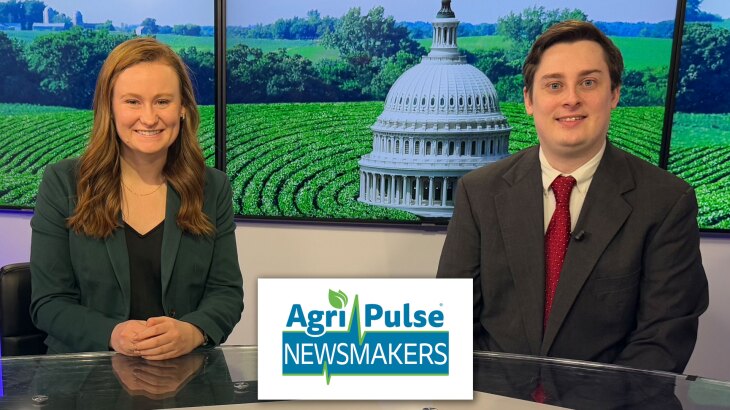The number of dairy-beef cattle on the market is growing. Researchers at Oklahoma State University Extension (OSU) are watching closely, finding that 100 percent dairy steers are not holding a lot of value.
“A 100-percent dairy steer is very low in value, so the dairies have treated those like they’re a byproduct or just a kind of a waste,” said OSU Nutrition Specialist Paul Beck. “There has been a change in some reproductive technologies that our dairies are taking advantage of where they can use sex semen to produce heifer calves out of only their best cows to make their replacements. Then they’re opened up to the freedom of using a beef-type bull on their other mediocre cows because they need a pregnancy just to restart lactation.”
According to Beck, these beef-dairy hybrid cattle are grabbing the attention of livestock producers, and the industry is taking an interest.
“That has given us a large availability of some beef-dairy crosses that are very superior to a 100 percent dairy animal in beef production performance efficiency,” Beck said. “And they’re keeping a lot of the high-quality meat characteristics that we would see with a dairy calf. So, the industry is very interested in the right management of these cattle and how to best utilize those in beef production systems.”
Finding the best way to use beef-dairy crosses is still something OSU Extension researchers are still exploring.
“At Oklahoma State, we’ve been doing some research with some beef on dairy crosses, looking at how to incorporate those into the finishing period,” Beck said. “Whether we go to finish directly on feed and take them as a 200- or 300-pound animal all the way to slaughter, or if we look at him as a stalker animal and put them out on grass—get them a little bit bigger, a little bit more mature, more used to being in a beef animal—and then getting them on feed as a larger feeder-sized calf.”

















